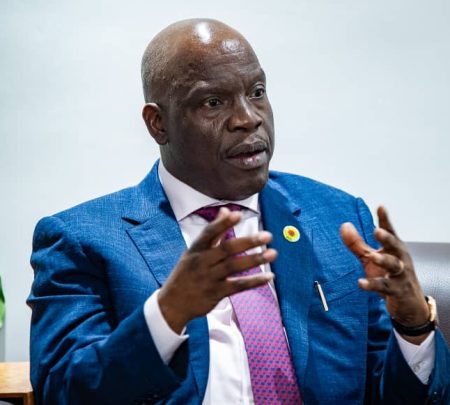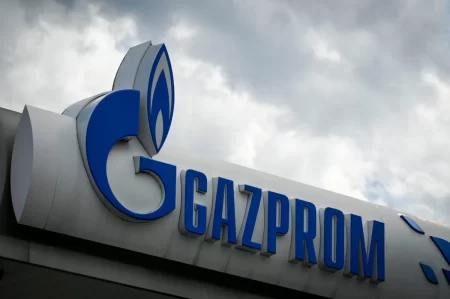
OpeOluwawani Akintayo 04 July 2017, Sweeetcrude, Lagos – Nigeria’s proven crude oil reserves was almost stagnant for four years, from 2012-2016, with just 1.1 percent change.
This is according to fresh data gathered by SweetCrude Reports.
The data from the Organisation of the Petroleum Exporting Countries, OPEC’s, Annual Statistical Bulletin 2017, shows that Nigeria, with over 177 million population in 2016, had 37.139 billion barrels of crude oil reserves as at the end of that year.
The bulletin also showed that total world proven crude oil reserves stood at 1.492 trillion barrels at the end of 2016, increasing slightly by 0.3 percent from the previous year’s level of 1.488 trillion. The largest additions came from Iraq, Venezuela and Norway.
Total OPEC members’ proven oil reserves increased by 0.5 per cent to 1.217 trillion barrels at the end of 2016, with a share of 81.5 per cent of total world crude oil reserves.
In 2016, proven natural gas reserves increased by 0.4 percent at approximately 200.5 trillion standard cubic metres, the bulletin also reported.
This increase in natural gas reserves, according to the report, came on the back of new discoveries in the Middle East and Africa, almost solely relating to OPEC members.
The report indicated that in 2013, Nigeria’s crude oil reserves were 37.071 billion barrels.
In 2014, the reserve increased a bit to 37.448 billion barrels while in 2015, it dropped to 37,062 billion barrels.
In 2016, the reserves increased to 37.453 billion barrels, an addition of 391 million barrels.
However, despite Nigeria’s challenges with militancy in the Niger Delta during the year, the country was the only one to have recorded the any increase in its oil reserve amongst other African countries.
According to the OPEC data, the likes of Algeria did not increase its oil reserves from 2012 to 2016. The country’s reserve within those years remained at 12.2 billion barrels.
Angola’s reserves hovered around same figure during the period. The country, Africa’s second largest oil producer after Nigeria, had 9.055 billion barrels reserves in 2012, 9,011 billion in 2013, 8.423 billion barrels in 2014, 9.524 billion in 2015, and 9.523 billion barrels in 2016.
Egypt had a non-growing reserve, maintaining 4.400 billion barrels reserves throughout the period under review. Gabon followed suit, maintaining 2 million barrels throughout the four years.
Next was Libya, which changes were also not significant enough to be put into percentage. The country’s official data showed that its reserves were 48.472 billion barrels in 2012, 48.363 billion barrels in 2013, 48.363 billion barrels in 2014, 48.363 billion barrels in 2015 and same 48.363 barrels in 2016.
Sudan also did not increase its reserves, maintaining 5 billion barrels throughout the four years.
Other African countries’ reserves were not strong enough to make important mention, as they were summed up under ‘others’, with reserves at 10.025 billion barrels in 2012, 10.025 billion barrels in 2013, 9.420 barrels in 2014, 9.420 barrels in 2015, and 9.420 billion in 2016.



